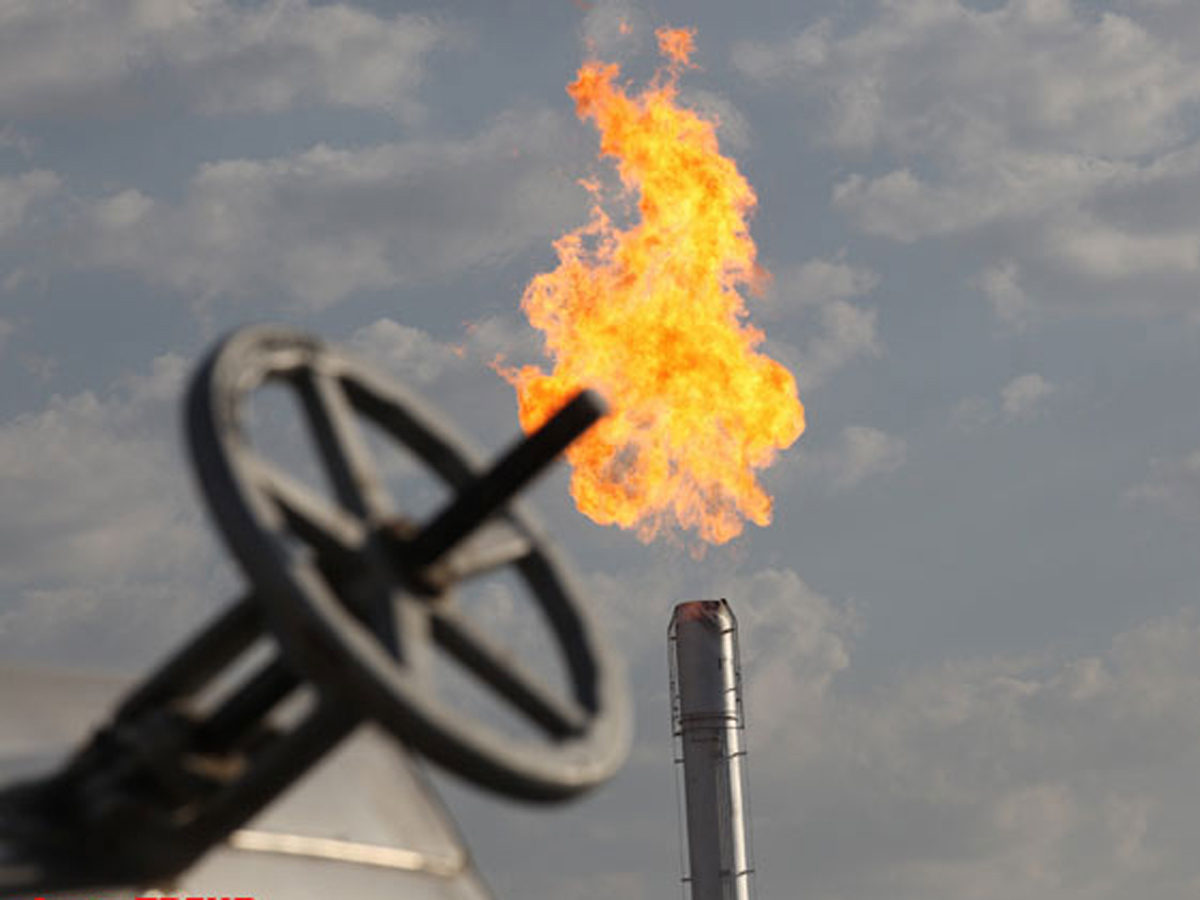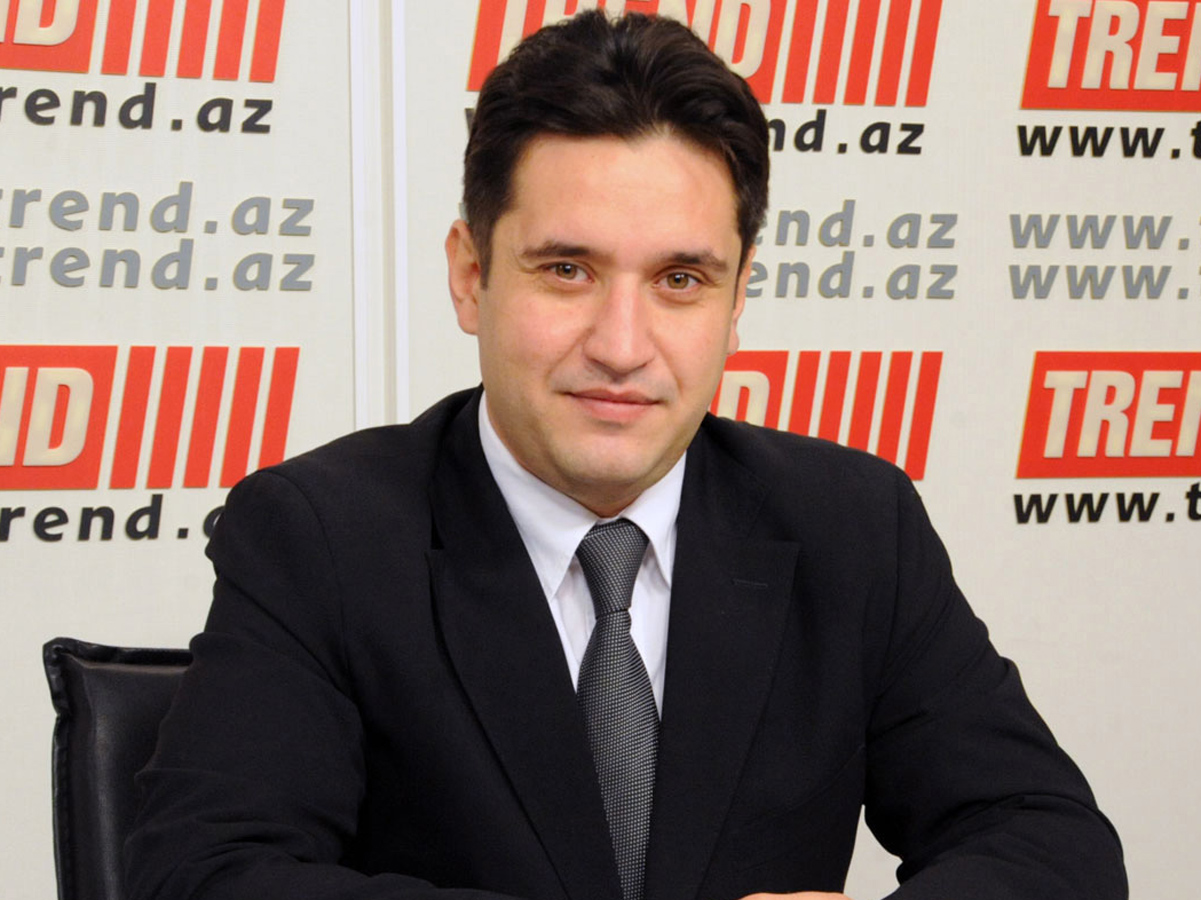Baku, Azerbaijan, Apr. 23
By Seymur Aliyev - Trend:
The conflict in Ukraine, the reciprocal sanctions and the gas war between Moscow and Brussels are only a part of a big game of Russia and the West for the Eastern Europe.
Russia's influence in Eastern Europe is traditionally based on commonality of languages, history, and religion.
On the other hand, today almost all the countries in the Eastern Europe are the members of the European Union, where the leading role is played by the countries that are the strategic allies to the US.
And, for Brussels leaving in its own rear a "fifth column" of the countries that are so tied to Russia would be unacceptable.
So in order to solve this problem, the EU first of all tries to cut the economic dependence of the Eastern European countries on Russia, and thus remove their dependence on Moscow's gas.
Bulgaria has recently signed an agreement with Romania and Greece on the construction of an interconnector between the countries' gas transmission systems.
The vertical gas corridor will cost about 220 million euros and become operational in 2018. Through this pipeline, Bulgaria will be able to buy gas from Azerbaijan and from Greece's liquefied natural gas terminals.
"We are finally getting a new source of gas because, until now, we were totally reliant on one source - Russia," Bulgaria's Deputy Energy Minister Zhecho Stankov said.
Bulgaria consumes around 3 billion cubic meters of gas per year and 95 percent of this volume is purchased from Russia's Gazprom company.
Currently, together with its partners, Azerbaijan is implementing the Southern Gas Corridor project, which is primarily aimed at providing namely the South and East Europe with gas. Aside from allowing to open a route for the new suppliers, it will first of all play a role in reducing the dependence on Russia.
It seems that 10 billion cubic meters of Azerbaijani gas cannot be compared with 50 billion cubic meters of Russian gas which Gazprom is ready to supply to Europe's south borders.
However, it is not necessary to compare the volumes to show the significance of Azerbaijani gas. If one looks at consumption volumes in countries of Southern and Eastern Europe, it is clear that the annual consumption there usually does not exceed 3-5 billion cubic meters per year, which does not require large volumes to supply several countries at once.
In addition, to increase the supplies, Azerbaijan can connect to supplies other fields as well, the development of which hasn't either started or yet entered the full-scale stage.
Furthermore, the importance of the Southern Gas Corridor is to create an infrastructure that can be used by suppliers from other countries. Turkmenistan, Iran and Iraq currently show interest in it.
Of course, this annoys Moscow because this puts into question the main mechanism of its influence in Eastern Europe - gas. It comes down to statements about the complete cessation of supplies via the existing routes and the possibility of using the only option - via Southern Europe after 2019. In fact, Russia has announced about the beginning of the gas war of attrition. Europe will receive the first Azerbaijani gas by this time. Of course, this will change the balance of power.
Thus, as a whole, Azerbaijani gas and the Southern Gas Corridor are turning into not only an important economic project for Europe, but also the most important tool to maintain the political influence in Eastern Europe and to reduce its dependence on Russia.
Edited by SI
---
Seymur Aliyev is the head of Trend Agency's Russian News Service








